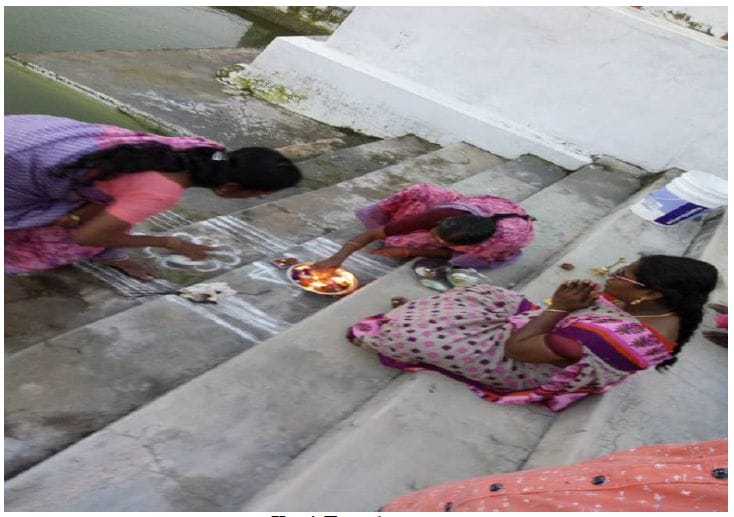November 2019
Newsletters
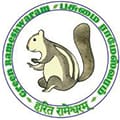
Formulation of the SDGs Rev 1

Dear Friends,
This month we shall take a brief look into the ‘Formulation of the Sustainable Development Goals (SDGs) 2016 – 2030’.
The year 1992 saw the UN Conference on Environment and Development (UNCED) at Rio, calling for global initiatives focusing upon protecting the environment while pursuing humanity’s developmental efforts. In spite of the well intentioned proposals, the actual progress was very slow, and was full of several hurdles and conflicts.
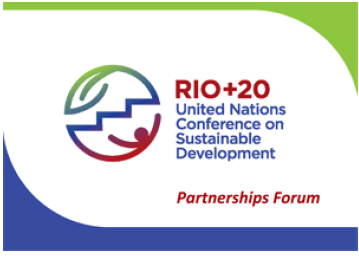

TirthaYatra, Pilgrimage to Holy Places

Interestingly, in the Vana parva and Anusasana parva of Mahabharatha, more emphasis is placed on Pilgrimages vis-à-vis Sacrifices. There is an explicit comparison made in Vana parva. A Sacrifice requires wealth, tools, materials, performance by the priests and importantly, the presence of performer’s wife. Such restrictions limit the commoners from the performance and leave it to the rich, princes & kings.
Whereas, going to pilgrim places is feasible for all, who were healthy. The text says further, that the benefits accrued out of pilgrimages is superior vis-à-vis by performing sacrifices. More importantly, it conjoins on the cultivation of the moral, ethical values and spiritual qualities.
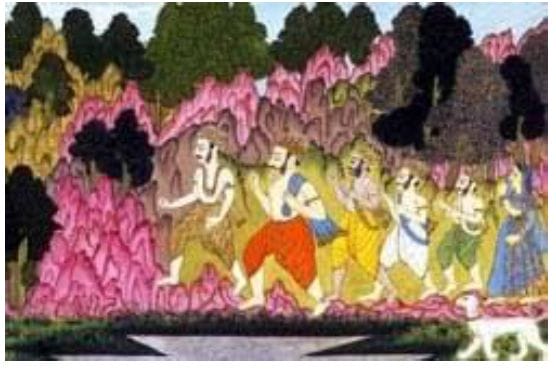

Solid Waste Management

SHG Awareness programme:
Two awareness programmes for Self Help Groups (SHG) were conducted at Sivagami Nagar (24th November, 2019) and Sallimalai street (28th November, 2019) respectively. The SHG members were oriented on the various MSWM concepts, methodologies for the treatment of waste and home composting techniues. Around 23 SHG memnbers took benefit from the programmes.

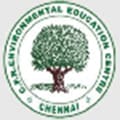
Herbal Garden (MuligaiVanam)
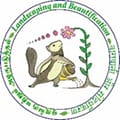
Avaram
Botanical Name : Cassia auriculata Linn.
Tamil Name : Avaram
Sanskrit Name : Aveeram
English Name : Tanner’s Cassia
Dr. A. Abirami
Programme Officer
C.P.R. Environmental Education Centre
Chennai
Distribution and Habitat
Cassia auriculata L. is a shrub which belongs to the family Fabaceae and is found in India, Myanmar and Sri Lanka. It grows in the wild in the states of Rajasthan, Maharashtra, Madhya Pradesh, Gujarat, Tamil Nadu and Andhra Pradesh. It is also extensively cultivated in dry and warm places. It can thrive on dry stony hills, on black soils, along the road side, in degraded forests, waste land, railway embankments (Kheem and Singh, 2016). It is a perennial plant growing to a height of about 2 to 4m. The stem is strong, brown in colour with several branches. Leaves alternate, 6-8 cm long, leaflets 6-8 pairs, oblong to elliptic-oblong, each 1.5-3 x 0.5-2 cm, stipulate, flowers yellowish, 5 cm across. The fruit is a pod, long and dehiscent.
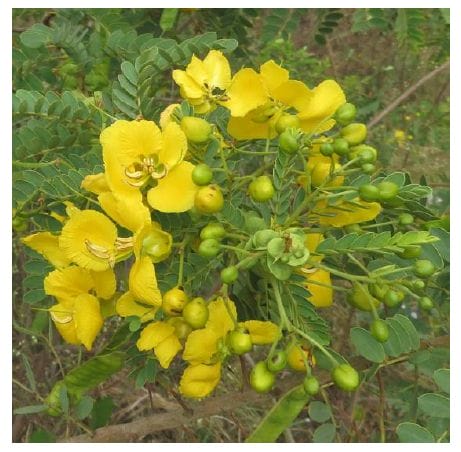

Landscaping and Beautification

Palm Seeds Distribution at Thangatchimadam, Pamban, vadakadu and
Ramakrishnapuram
Horticulture department has given 10000 palm seeds for planting in Rameswaram. Palm Seeds has been given to the following locations
- Thangatchimadam – 500 seeds
- Pamban – 500 seeds
- Vadakadu – 500 seeds
- Ramakrishnapuram – 500
- Saathankulam – 250
We have another 7750 seeds pending with us. We have a bigger plan of planting 5000 seeds in Dhanushkodi area with the support of Rameswaram Municipality. Last year we have planted 10000 seeds in Dhanushkodi

Promoting Eco Tourism – Pamban Railway Bridge

This month, we are covering Pamban Railway bridge. Its history and other details in pictures.


Green finance An Innovative Concept for Promoting Green Life Style Practices and Resilience

Ecological fragility and vulnerability of the communities
Today’s ecological fragility is man-made. Over and unregulated use of natural resources such as water, energy, land etc., flora and fauna in the last century has led to decline and deterioration of natural resources, pollution, disturbances in bio-diversity, health hazards and societal inequity. The pace of decline and deterioration of natural resources may result in making Earth unfit for living in near future.


Revival and Renovation of Traditional Water Bodies (Teerthas) Teertha Pooja

Teertha pooja at Agni Teertham, Kapi Teertham and Naga Teertham
On 12th November 2019 – full moon day Teertha pooja was conducted at Agni Teertham and Kapi Teertham. Around 150 people attended the Teertha pooja at Agni Teertham.
